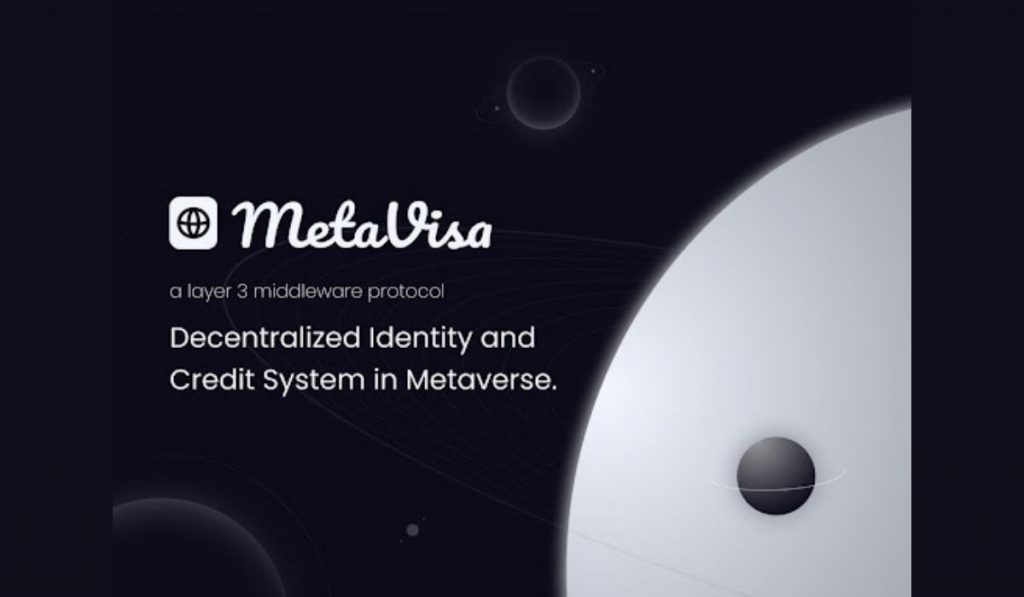MetaVisa, a decentralized digital identity credit rating system, has announced raising over $5 million in seed capital from a private round. The round was done by a consortium of investors that included the following: Collinstar Capital, Tensor Investment Corporation, Black Mamba Ventures, Maven Capital, Dutch Crypto Investors, Seeded Ventures, GTA Ventures, HG Ventures, Amplio Capital, Sira Ventures, and Spark Digital Capital.
Meta Visa is a protocol that analyses blockchain data. It then displays a credit history on-chain for this data. The platform uses an all-around computing model to analyze transaction data. These include model algorithms, machine learning technologies, and logistic regression. Some of the key data that is obtained from this analysis include the credit history of an address, asset portfolio on a given address, the level of transactions and financial activity on an address, and on-chain behavior preferences.
Participants that have gone through this rating will be awarded a MetaVisa credit Score (MCS). This will be awarded in the form of a badge that can be used on the addresses. The addresses with high-ranking credit scores will be awarded high-value badges that they can use to access better services on the blockchain. Each badge that will be issued by MetaVisa will be an exclusive NFT owned by the address. NFTs offered on MetaVisa will have ten different roles. These are: Warrior, Rogue, Priest, Ninja, Master, Knight, Druggist, Berserker, Barbarian, and Archer. The NFTs are generated with a time badge that gives a unique history on each of them.
Decentralized Identities are increasingly becoming important on the blockchain. There is a need to identify transactions, track them, and rate addresses on the blockchain. Defi platforms can use this rating to know which addresses to give better and preferential services. GameFi can use these services on their credit services to better improve the gaming experience for each user. For example, addresses with higher scores can get bonuses and rewards. These addresses can also get special discounts on in-gaming products. DAO can also use this credit tanking to give addresses with better credit history more voting power.


